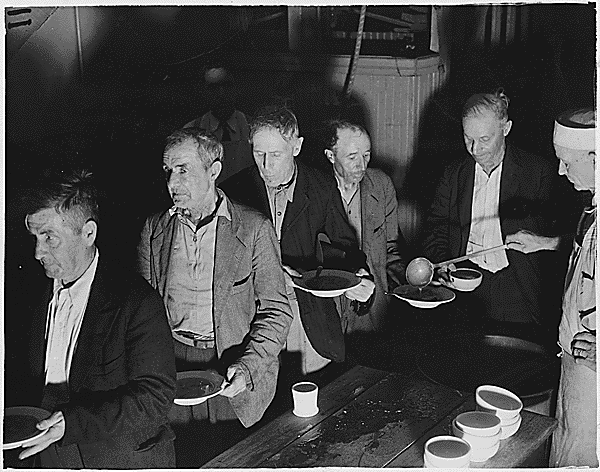Pride goeth before a fall (Proverbs 16:18) is a phrase we’ve all heard before and most of us understand what it means. People shouldn’t get all puffed up and full of themselves. No one likes a braggart and besides, in the end, a person with extreme hubris is likely to come back down to earth with a bang.
But can pride be a desirable trait? Is it good to be proud of personal achievements, within reason? Should we aim to give children pride in their heritage? Teach them not to accept handouts?
Wouldn’t we want our children to feel pride in a job well done? What could be bad, for instance, about studying hard and then feeling some elation for getting a perfect grade on a math quiz? Wouldn’t you expect a little glow of happiness there and a feeling of, “I did it!”
Of course you would.
Different Sides To Pride
So then, there must be different sides to pride. Or at least a way to experience pride in moderation.
Let’s break it down. You want to teach your child to engage in charitable acts, so you decide the two of you will volunteer in a soup kitchen. They need your child to serve and he has a bad experience: some of the people he serves are standoffish, cold, and perhaps even a bit hostile.
Your son doesn’t get it: he’s doing something nice for these people and this is how they treat him? His pride is hurt.

So you end up explaining it to your son. His pride is hurt, even more so theirs: the hungry people who eat at the soup kitchen. These people may be down on their luck, but they still have their personal dignity intact.
It’s about having a work ethic: not taking things you haven’t earned. Some people will actually go hungry rather than take food from a soup kitchen, while at the opposite side of the spectrum, you have people who have lost their will to survive. They no longer care if others know they’re poor or see them walking into a soup kitchen. So they’re docile, open, and friendly to the volunteer staffers.
Which is better? Proud or no longer embarrassed? And how can you explain the pride of those less fortunate as a positive characteristic? Being hungry is bad, especially when there is a ready remedy in the form of a community soup kitchen staffed with willing volunteers. So what’s wrong with accepting help?
It’s a tough question to answer.

A normal person doesn’t lose his job and say, “So what? I’ll just eat at the soup kitchen and go sleep in a shelter.”
Instead, he strives to get himself straightened away however he can, even if it means working two or three jobs to cover the rent. That’s a kind of pride. That’s dignity. And it’s the sort of pride that has to do with self-esteem.
It’s the kind of pride society respects.
Doing Good With Sensitivity
This is where you teach your child that in addition to doing charitable works, it’s important to do them with sensitivity. Find a way to serve these dignified people so as to let them know they have your respect.
The following clip is a great example of kindness served with sensitivity. A man attempts a good deed and the gesture is rejected out of pride. Without offering a spoiler alert here, let’s just say that the wannabe good deed doer finds a way to make a connection to the people he wants to help. He makes it possible for them to accept the favor and to even feel good about it.
Yes, it’s good to do good. And it’s okay to feel good about doing good. But it’s better to do good with sensitivity and warmth than to pat yourself on the back for helping the less fortunate and resenting them when they don’t kiss the ground you walk on. And that takes practice and real skill.

This article argues with what we might call a False Dichotomy – a logical fallacy describing arguments that indicate a thing must be either one thing or the other and can’t be a third or a blend of the two. Consider the closing sentiment:
And it’s okay to feel good about doing good. But it’s better to do good with sensitivity and warmth than to pat yourself on the back for helping the less fortunate and resenting them when they don’t kiss the ground you walk on.
If one is okay and the other is better than neither is bad. Which means both, together, can be good. Can you feel good about doing good AND do good with sensitivity? I think we know the answer: yes.
It would be a false dichotomy if one of these things were bad. Neither of them, however, are bad. Both are good. One is better.